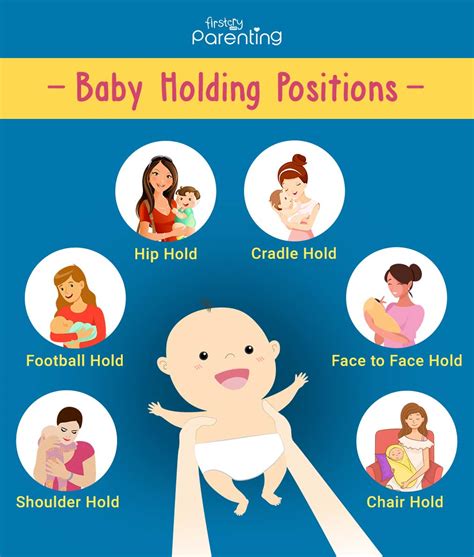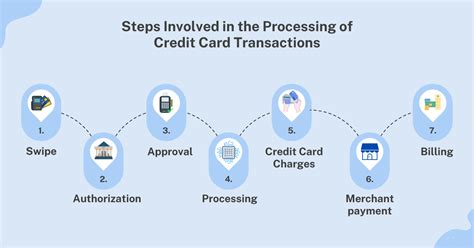5,225 Nosebleeds You Should Never Ignore in 2025
Nosebleeds are a common occurrence, affecting up to 60% of the population at some point in their lives. While most nosebleeds are minor and resolve on their own, there are some cases where a nosebleed can be a sign of a more serious underlying condition.

In most cases, a nosebleed is not a cause for concern. However, there are certain situations where you should seek medical attention:
- Heavy bleeding: If your nosebleed is heavy or does not stop after 20 minutes of applying pressure, you should seek medical attention.
- Frequent nosebleeds: If you have frequent nosebleeds, especially if they are accompanied by other symptoms such as headaches, fatigue, or vision changes, you should see a doctor.
- Nosebleeds in children: Nosebleeds in children are common, but they should be evaluated by a doctor if they are heavy, frequent, or accompanied by other symptoms.
- Nosebleeds after an injury: If you have a nosebleed after an injury to your nose, you should seek medical attention to rule out any underlying damage.
- Nosebleeds with other symptoms: If your nosebleed is accompanied by other symptoms such as fever, headache, or confusion, you should seek medical attention.
There are many different causes of nosebleeds, including:
- Dry air: Dry air can cause the inside of your nose to become dry and irritated, which can lead to nosebleeds.
- Picking your nose: Picking your nose can irritate the delicate tissue inside your nose and cause a nosebleed.
- Blowing your nose too hard: Blowing your nose too hard can also irritate the tissue inside your nose and cause a nosebleed.
- Colds and allergies: Colds and allergies can cause inflammation and congestion in your nose, which can lead to nosebleeds.
- Sinus infections: Sinus infections can cause inflammation and swelling in your sinuses, which can put pressure on the blood vessels in your nose and cause a nosebleed.
- Medications: Certain medications, such as aspirin, ibuprofen, and warfarin, can increase your risk of nosebleeds.
- Medical conditions: Certain medical conditions, such as high blood pressure, liver disease, and leukemia, can increase your risk of nosebleeds.
Most nosebleeds can be treated at home with simple measures, such as:
- Applying pressure: Apply pressure to the soft part of your nose for 10-15 minutes. You can do this by pinching your nose or using a cold compress.
- Elevating your head: Elevate your head above your heart to help reduce blood flow to your nose.
- Using a nasal spray: Using a nasal spray that contains a decongestant or saline can help to shrink the blood vessels in your nose and stop the bleeding.
- Taking over-the-counter medications: Taking over-the-counter medications, such as ibuprofen or acetaminophen, can help to relieve pain and inflammation.
If your nosebleed is heavy or does not stop after 20 minutes of applying pressure, you should seek medical attention. Your doctor may recommend cauterization, which is a procedure that uses heat or chemicals to seal off the bleeding blood vessels. In some cases, surgery may be necessary to stop the bleeding.
There are a few things you can do to help prevent nosebleeds, including:
- Using a humidifier: Using a humidifier in your home or office can help to keep the air moist and prevent your nose from becoming dry and irritated.
- Avoiding picking your nose: Picking your nose can irritate the delicate tissue inside your nose and cause a nosebleed.
- Blowing your nose gently: When you blow your nose, do so gently to avoid irritating the tissue inside your nose.
- Treating colds and allergies: Treating colds and allergies promptly can help to reduce inflammation and congestion in your nose and prevent nosebleeds.
- Managing medical conditions: If you have a medical condition that increases your risk of nosebleeds, talk to your doctor about ways to manage your condition and reduce your risk of bleeding.
Nosebleeds are common in children, and they are usually not a cause for concern. However, there are some cases where a nosebleed in a child should be evaluated by a doctor, including:
- Heavy bleeding
- Frequent nosebleeds
- Nosebleeds that are accompanied by other symptoms, such as fever, headache, or confusion
- Nosebleeds after an injury to the nose
-
Q: What is the most common cause of nosebleeds?
A: The most common cause of nosebleeds is dry air. -
Q: What is the best way to stop a nosebleed?
A: The best way to stop a nosebleed is to apply pressure to the soft part of your nose for 10-15 minutes. -
Q: When should I see a doctor about a nosebleed?
A: You should see a doctor about a nosebleed if it is heavy, does not stop after 20 minutes of applying pressure, or is accompanied by other symptoms, such as fever, headache, or confusion. -
Q: How can I prevent nosebleeds?
A: You can prevent nosebleeds by using a humidifier, avoiding picking your nose, blowing your nose gently, treating colds and allergies promptly, and managing medical conditions that increase your risk of bleeding.
Nosebleeds are a common occurrence, but they should not be ignored. If you have a nosebleed that is heavy, does not stop after 20 minutes of applying pressure, or is accompanied by other symptoms, you should seek medical attention. With proper treatment, most nosebleeds can be stopped quickly and easily.
















